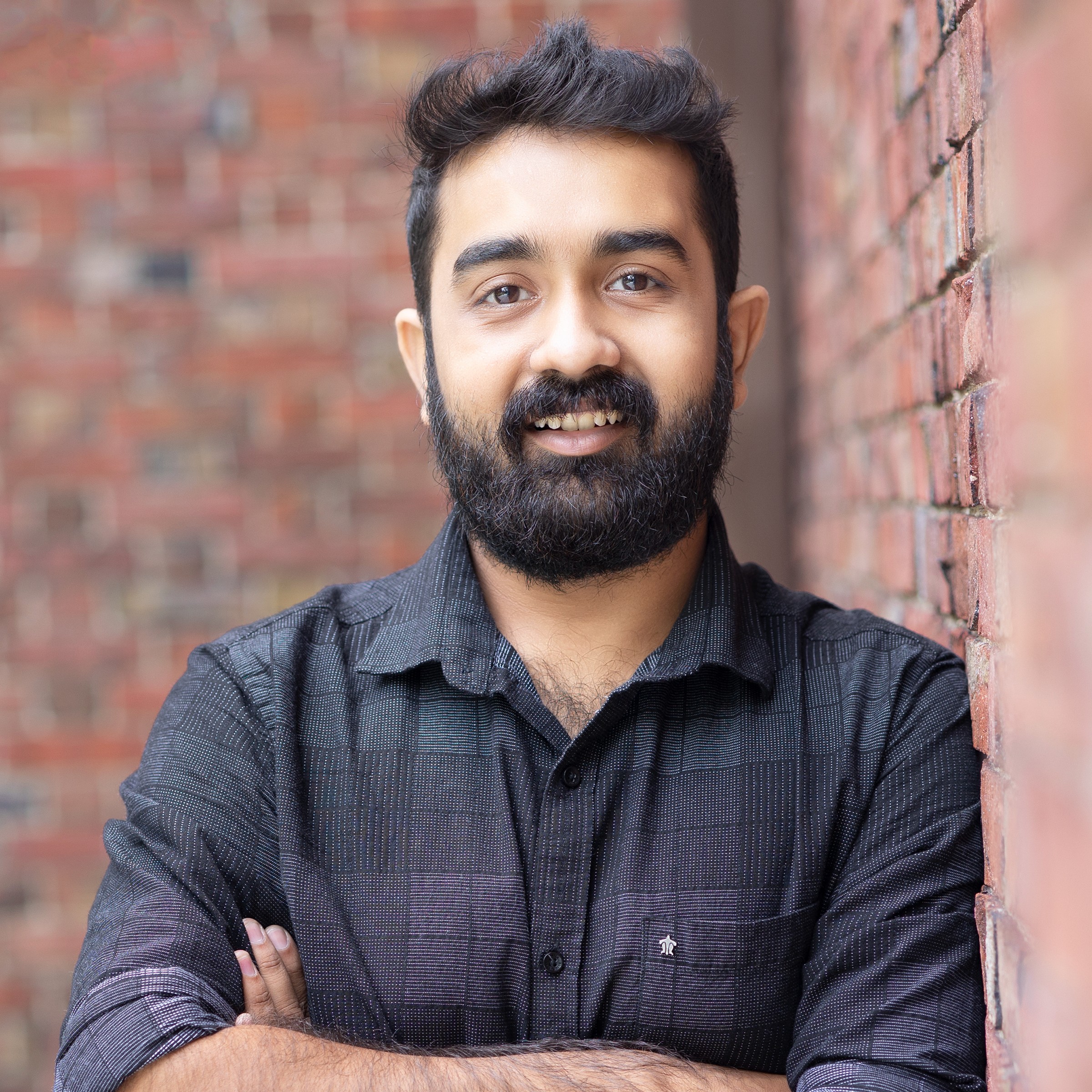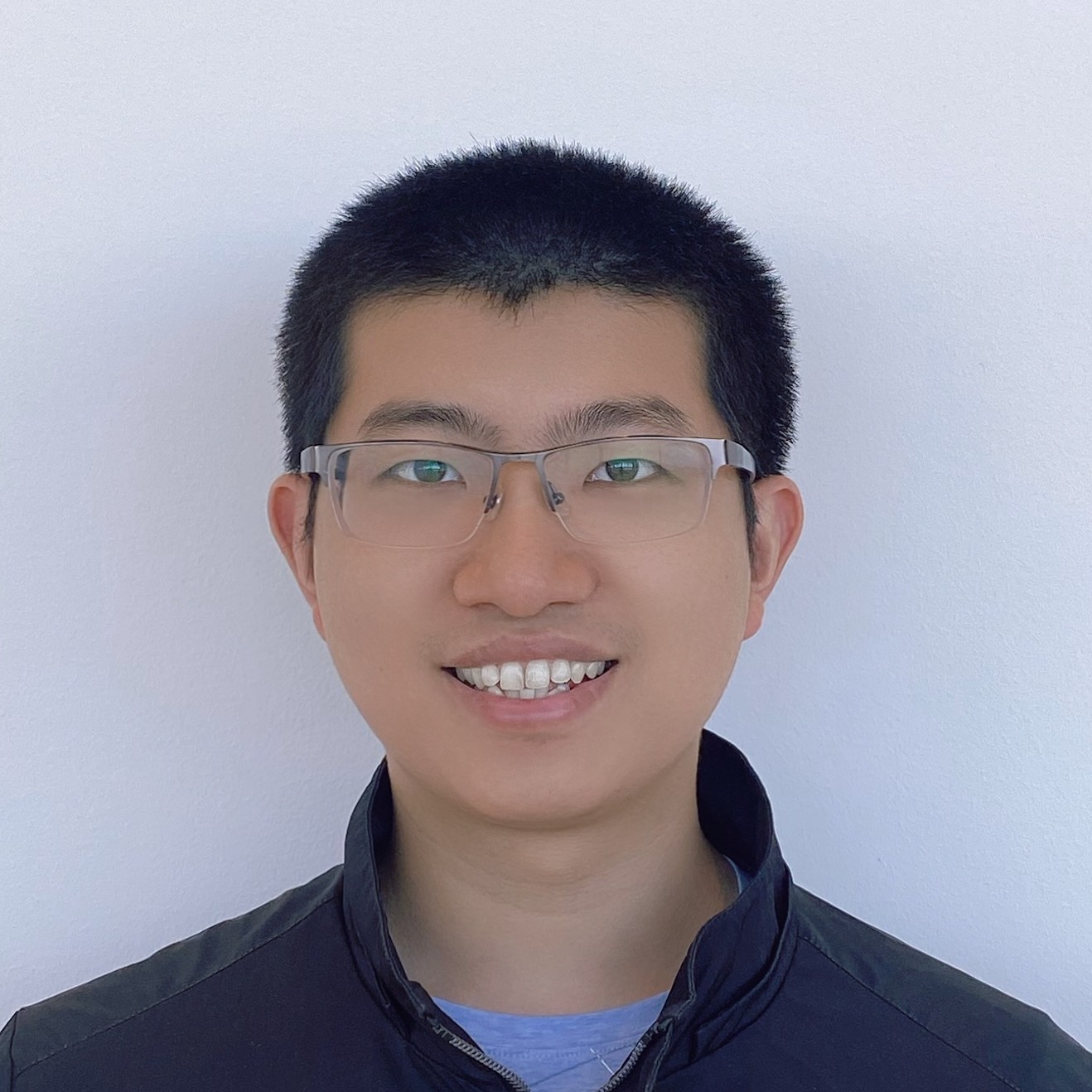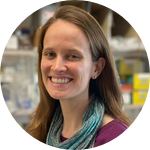About This Project
n/a
Ask the Scientists
Join The DiscussionWhat is the context of this research?
Cells have undergone millions of years to evolution to perform complex biochemical transformations.
Therefore, biomanufacturing offers an opportunity to decelerate climate crisis by producing chemicals and fuels at low carbon cost.
Protein engineering and synthetic biology can further optimize the biochemical machinery for the more sustainable production of valuable chemicals in cells.
What is the significance of this project?
Isobutanol, a drop-in fuel, is naturally synthesized by S. cerevisiae, an established industrial workhorse for bioproduction. However, current bioproduction strategies are at least an order of magnitude below the maximum theoretical limits.
The incentive to increase both the rate of production and yield is urgent. The number of production units to be installed globally falls exponentially with an increase in rate of production. The area of land required to produce enough isobutanol drops linearly with increase in yield of Isobutanol from Glucose (g/g).
What are the goals of the project?
Achieve an isobutanol production rate of at least 0.5 g L-1 hr-1 (a tenfold increase compared to current best of 0.05 g L-1 hr-1). This would lead to a 10 fold reduction in the number of industrial plants needed to match global energy demand.
Achieve a yield of at least 100 mg isobutanol per g glucose (current best 60 mg/g glucose). This would lead to a 50% reduction in the area of land needed to cultivate lignocellulosic biomass for biofuels production.
Develop a programmable pipeline (both computational and experimental) to engineer multicellular factories for producing a wide range of fine chemicals and fuels.
Budget
n/a
 Project Timeline
Project Timeline
n/a
Dec 31, 2024
Project completion
Meet the Team
Piyush Nanda
Piyush is a PhD candidate in Biological and Biomedical sciences program at Harvard. He is doing PhD research with Prof. Andrew W. Murray in the Molecular and Cellular Biology Department. He is passionate about how cells' metabolic networks operate to keep them alive and how synthetic biology can help us tweak these pathways for tackling climate change through biomanufacturing.
Kai Tong
Kai is passionate about engineering multicellular systems for solving real-world problems. During his PhD with Dr. William Ratcliff at Georgia Tech, Kai discovered the evolution of cell differentiation and whole-genome duplication in the Multicellularity Long-term Evolution Experiment (MuLTEE), using multicellular snowflake yeast as a model system. Now as a postdoc in Dr. Ahmad (Mo) Khalil's lab at Boston University, Kai is leveraging both synthetic biology and directed evolution to understand the design principles of multicellularity, with a goal of building novel multicellular systems for real-world applications.
Heidi Klumpe
Heidi is curious about how higher-level multicellular functions arise from protein-protein interactions. During her PhD with Dr. Michael Elowitz at Caltech, she studied how highly similar signaling proteins important in mammalian development flexibly encode non-redundant pathway inputs, via their competitive binding of a shared pool of cell surface receptors. She is now a Damon Runyon Postdoctoral Fellow in Dr. Ahmad (Mo) Khalil and Dr. Mary Dunlop’s groups at Boston University, exploring how engineering adhesion molecules affects overall aggregate properties and long-term stability, providing tunable platforms for multicellular synthetic biology.
Project Backers
- 0Backers
- 0%Funded
- $0Total Donations
- $0Average Donation


